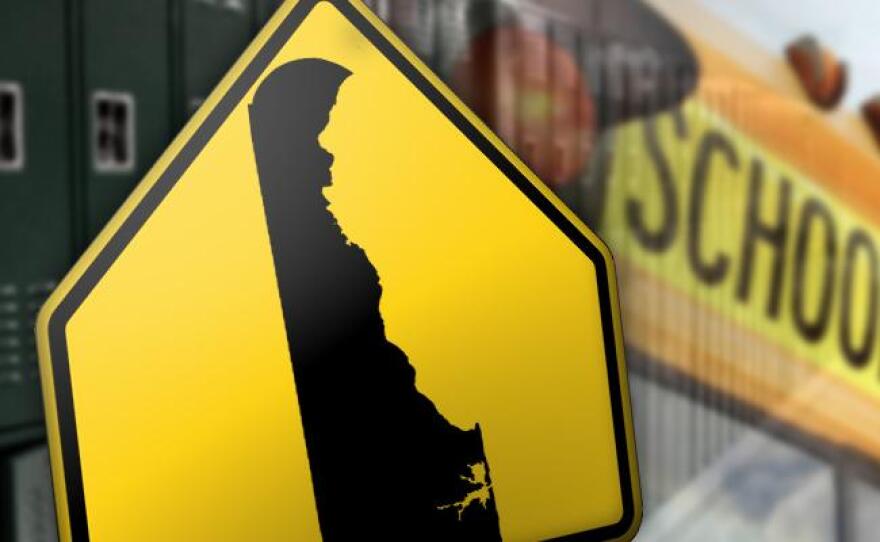Candidate forums begin next week for school board races in sixteen Delaware school districts. As political attention on school boards increases, the forums could see a boost in turnout.
Turnout for school board elections in Delaware is typically low. During the last decade, the state’s average turnout for school board elections hovered well below five percent, and last year, no district reached ten percent turnout.
But Shannon Griffin, a senior policy advocate for the ACLU of Delaware specializing in education, says that the increase in political attention on school boards during the COVID-19 pandemic boosted attendance at candidate forums.
Griffin adds that growing interest from conservative grassroots organizations is a key driver of the politicization of the races.
“While we certainly recognize that the school board is supposed to be non-partisan," she said, "there is certainly more pressure to be more partisan.”
Jane Brady, the chair of Delaware's Republic Party, says that her party started officially supporting school board candidates last year as issues like the presence of gender-neutral bathrooms in schools became central to the races.
"The views we endorse fall more along a party line than ever before in school board elections," she said.
Brady argues that increasing conservative participation in school board elections is not driving the politicization of the races; instead, she says that conservatives are reacting to what she sees as the politicization of schools themselves.
"Academics is what schools should be teaching, not socialization," she said. "They're not teaching academics when they're teaching about gender identity or critical race theory."
Coby Owens, the Vice Chair for the Delaware Democratic Party and the mobilization coordinator for network Delaware, says that conservatives aren't the only reason for increased voter turnout in school board elections.
“We saw historic civil uprisings in 2020, and people started talking about how, if Black lives matter, we have to look to invest in education," he said. "When it comes to how we spend money on education, people started to realize that school boards are in control." Last year, candidates backed by teachers' unions prevailed in races across the state, Owens added.
Delaware's Democratic Party is not officially supporting any school board candidates.
In Owens' view, the increasing attention on school boards could make the races a bellwether for Delaware politics.
"Participation is still really low compared to other elections, but hopefully turnout will start to match turnout in municipal elections," he said. "School boards will be a good way to watch where the state is during off years between general assembly elections."
Brady, however, argued that the politics of Delaware's school boards are simply catching up to the rest of the state.
The Red Clay Consolidated School District and Capitol School District will hold the first forums on April 26th. School board elections take place on May 10, with seven contested races across the state.



